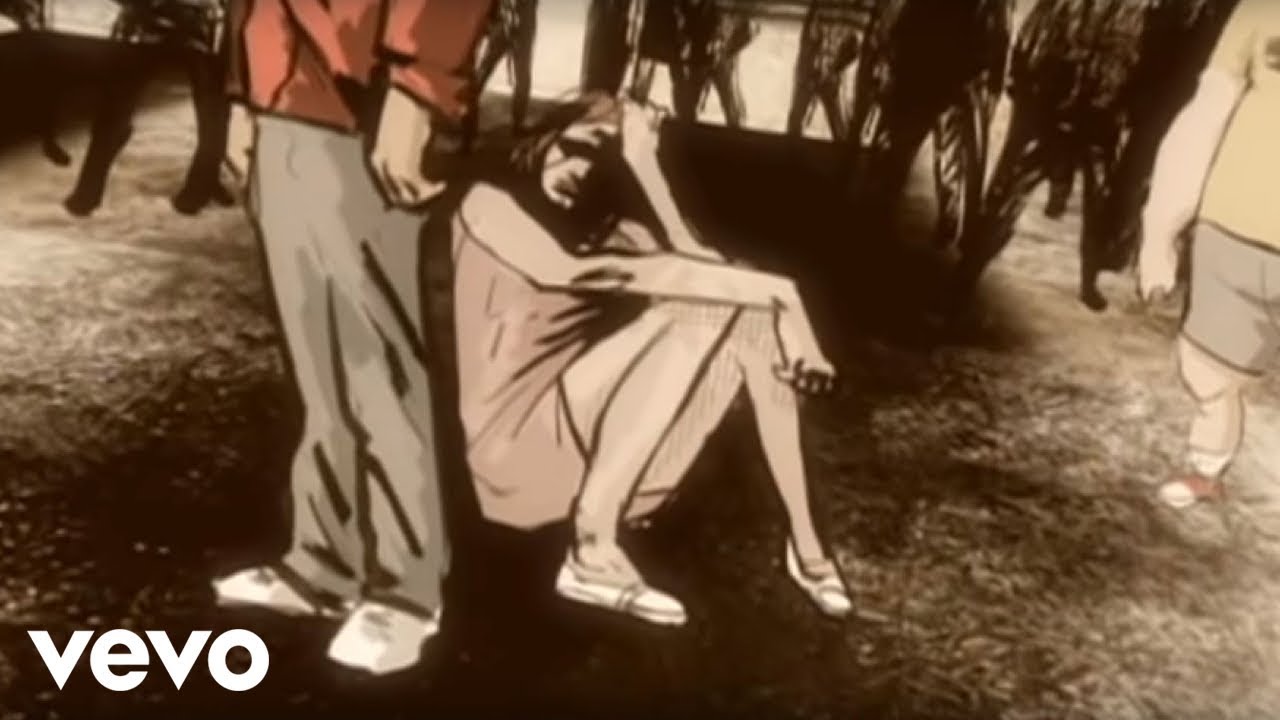spitz
I was born on my birthday.
- 45 Posts
- 176 Comments

 2·1 year ago
2·1 year agoIt’s still a work in progress. I’ve got the phonology, most of the basic stock vocabulary, a number system, a list of rules… but it’s far from complete. I made some simple sentences and recorded myself saying them, and it sounds a bit like Latin with slight flourishes of English, German, Nordic languages, Greek, Russian, Celtic, Japanese… In writing, it looks sort of like a Welsh Latin. Once I build more vocab and finalise the fiddly grammatical stuff, I can share a bit and explain it.
 1·1 year ago
1·1 year agoWell that’s a tad extreme. But I take your point.

 5·1 year ago
5·1 year agoI have a weird head haha.
 2·1 year ago
2·1 year agoYes, they’re human. One thought I had was quaternary makes it very easy to count very high on your fingers very quickly. With one hand you show 1 2 3 fingers, then close them and show the four with the thumb on the other hand. Then 1 2 3 again, and stick out the pointer finger to accompany the thumb, to show 2 fours. Another system is to point your palm towards yourself, and count the spaces between the fingers. The four of each set is the space between the pointer finger and thumb. So you can count 1 2 3 1, 1 2 3 2, 1 2 3 3, and so on. Apparently a tribe of native Americans used a quaternary system and used the spaces between the fingers, instead of the fingers themselves. Not sure how efficient it is, I just thought it was cool.
This civilisation counted seasons by the weather/sun/moon, so I doubt they would have a rigid system for seasons. Cardinal directions, though… yes, that’s the kind of thing I can build on! They were from a big island, with a lot of jungle and volcanoes etc so directions would be vital. Also, being islanders, seafaring would be part of the picture and of course navigation is vital when you’re at sea. And the Hindus have the 4 stages of life, so there might be a similar spiritual element as well.
You’ve given much food for thought. Thanks!
 3·1 year ago
3·1 year agoI’m still struggling to convert base 4 and decimal in my head, so I might just stay in my lane and take it slow 🤯
 3·1 year ago
3·1 year agoHmm. Maybe they were experts at some precursor to quantum physics, and viewed nature itself as 0s and 1s?
That binary conversion made absolutely no sense at all to me, so I’ll research it now!
Edit: OK, it’s pretty easy once you know how binary progresses. I think this micro-science binary theory might have legs. Thanks for the suggestion!
 3·1 year ago
3·1 year agoWell this civilisation was from Earth, just not somewhere that exists any more. Like Atlantis. So that probably rules the moon theory out. And I don’t even vaguely understand the rest of what you said haha.
 2·1 year ago
2·1 year agoI chose quaternary because you have to use decimal for time, weeks, months etc, because it would be a pain in the ass to have to convert everything all the time. So the quaternary system is the “ancient” system they used long ago. But in truth, it’s so I don’t have to come up with so many names for different numbers haha. I only needed a system that goes to 16 (decimal) so quaternary is a perfect fit in that regard. An example of it in use: the word for rainbow is d’ci’ka. It’s a contraction of denci’ (“ten-three”, or 7) + kaza (color) Thirteen colors. Same process for the word weekend, which is d’ci’mw. Denci’ + mw (“one”). 7/1. The 7th and 1st days of the week.

 9·1 year ago
9·1 year agoI’ve had a long period of writer’s block, regarding songwriting. So I decided to invent a language, with a backstory of the peoples who spoke it. It’s a real challenge but exciting to see a language form right in front of you! And since I’ve been focusing so hard on the language, I’ve been writing some really fresh sounding music, and enjoying the songwriting process again. I guess I just needed to stop fussing over the music so much.

 4·1 year ago
4·1 year agoDecided to use base 4 for my conlang. I struggle with math and numbers, and it was an ordeal making several base 10 systems that were, to be honest, cheap knock-offs of existing base 10 systems. So I tried to assign names to each number, and my stupid brain kept dragging me to base 10 and I’d destroy an hours’ work. Over and over again. Eventually the pattern jumped out at me and I finally grasped it. I’m mad at myself how long, and how much effort, it took me to understand something so simple. Grr.

 2·1 year ago
2·1 year agoIt’s vague now because the modern world has become too precise, too complicated. So my language “evolved” to discuss things in a more Zen kind of way. The old language (as I imagine it) was very gutteral and full of sounds most modern day people couldn’t pronounce. It evolved to a more modern day sound inventory to assimilate with the modern, technocratic population. It became private because the non-Atlandeans wouldn’t approve. Esperanto speakers were executed by the Soviets AND the Nazis, for example. It’s a way of keeping hold of their “Zen” lost world, and they don’t want it interfered with. So it’s not a terribly straightforward process to translate any of it unless you know it fairly well.
Assume you need to back up every statement you make.
Ooh, that’s a good one!
Actually, this has all been very helpful. As we say in my language: spaqi! (thanks!).

 2·1 year ago
2·1 year agoWell it avoids any technical/hairsplitty nuance. It’s intentionally vague, in a way that’s actually very expressive. The base vocab is unique to the language (“evolved” that way), and the more nitpicky the words get, the more they resemble pidgin English/German/French/Spanish/Italian. Then it seemlessly fades into English/whatever for technical jargon. It’s a sort of “intimate” language, meant for close personal relationships rather than to speak to millions of people.
I had a sort of fantasy idea for the backstory, but I don’t know if it’s stupid or not. I had the idea of the original Atlantis population survived in some way, a few people maybe. They have bred among themselves and other populations, lived among us in obscurity, hiding in plain sight, for many many years. So this language is their sort of creole, developed as they had to assimilate and learn other languages. The language has become anglified for broad communication (through necessity), but the intimate aspects are still true to their original language.
I’m not good at this stuff. Is that something of a starting point?
Edit: it’s also very melodic, and not gutteral. It doesn’t have the sounds th, j, r, sh, ks kh (like ch in loch), z, or ae as in cAt). So it sounds kinda like English, Latin, Esperanto, German, French, Italian, Spanish, Greek, Portuguese, Nordic, Irish, Russian, Japanese, Turkish… without really sounding like any of them.
Does typing make you lose breath? If so, you might be doing it wrong.

 5·1 year ago
5·1 year agoHope it works out well for you!

 1·1 year ago
1·1 year agoYes I’m trying to do that but I don’t know where to start. My strengths are linguistics and music, not storytelling. It’s a skill I have to find a way to develop. Maybe it just takes time.

 6·1 year ago
6·1 year agoMy brain is melted from working on the patois I’m making. It’s coming along nicely, but it’s amazingly hard to make it all fit together.

 6·1 year ago
6·1 year agoWealth and fame are like alcohol: they don’t make you happy. They can only augment happiness that’s already there. If someone isn’t happy before getting drunk, they don’t become a “happy drunk”.

 1·1 year ago
1·1 year agoThat makes it much clearer. Thanks!

 1·1 year ago
1·1 year agoI saw a link for each one, they left the choice to me. But how can I choose if I don’t know what the differences are?















Really surprised me. It’s an absolute banger.